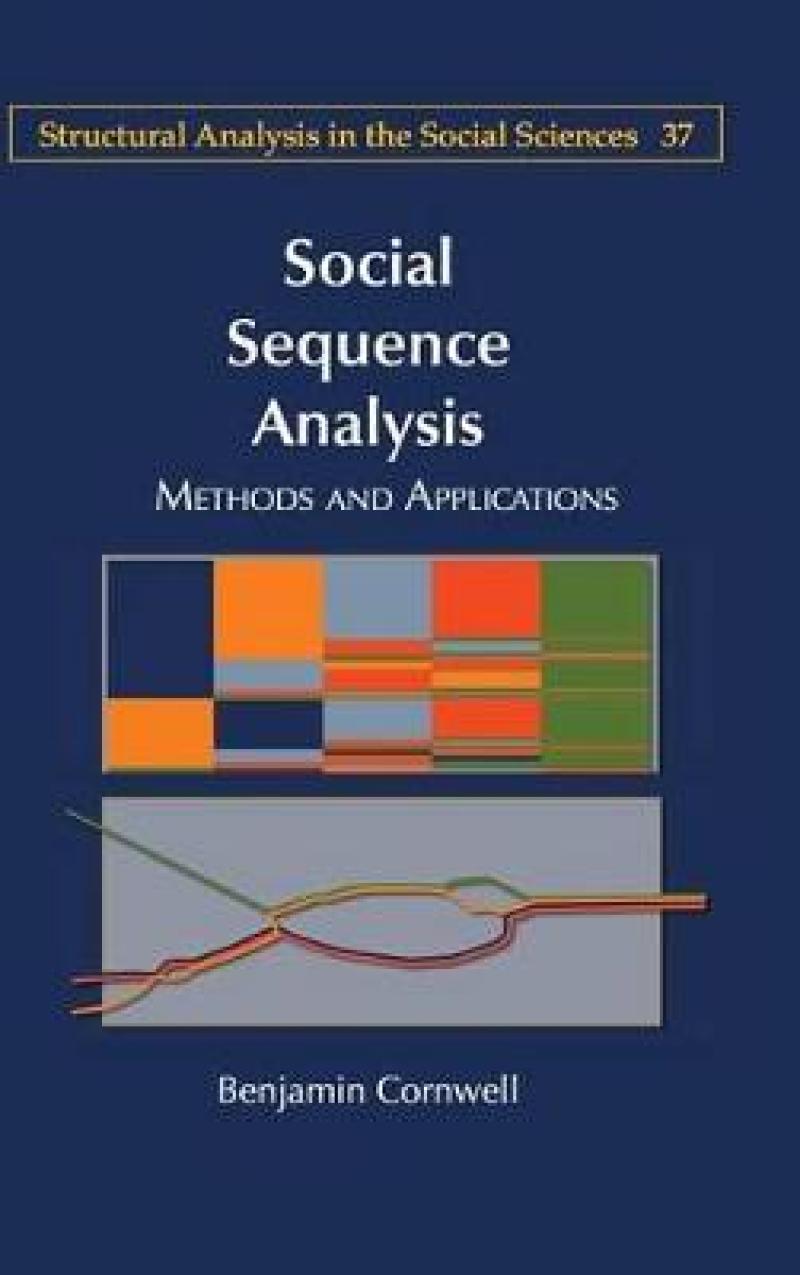'Social Sequence Analysis is the first comprehensive conceptual, theoretical, and methodological overview of an important and interdisciplinary research paradigm. Essential reading for researchers in sociology and related social sciences.' Andrew Abbott, Gustavus F. and Ann M. Swift Distinguished Service Professor, University of Chicago
'Social Sequence Analysis is a must-read book for anyone interested in the temporal unfolding of social events. Taking up the charge first raised by Andrew Abbott many years ago, this book provides a careful and detailed examination of the history and theoretical grounding of sequence methods in the social sciences. This book provides the tools needed to think about social sequences in a grounded, pragmatic fashion in a way that opens new doors for social theory. Well written, clearly argued, and filled with practical guides, this is a methods text for all thinking social scientists.' James Moody, Robert O. Keohane Professor of Sociology, Duke University
'Social Sequence Analysis: Methods and Applications offers the first comprehensive look at sequence analysis for the social sciences. It provides useful guidance into the different families of statistical methods adapted to sequences that emerged in the social sciences a couple of decades ago. Benjamin Cornwell has written a much-needed book that should prove invaluable to social scientists interested in sequence analysis.' Laurent Lesnard, CNRS Professor of Sociology, Sciences Po, France
'Social Sequence Analysis beautifully links two of the major revolutionary developments in social science over the past three decades - networks and sequences - to make sense of the deeply ordered nature of social life. Cornwell stops at every station along what is arguably the most important pathway for gaining insight into the social world with elegant methodological contributions that should change how we do social science.' Peter Bearman, Cole Professor of Social Science, Columbia University
